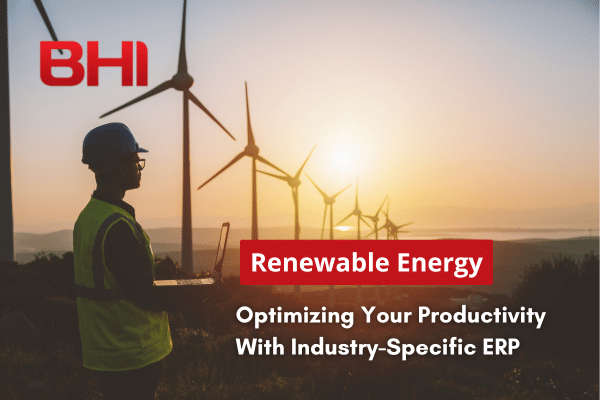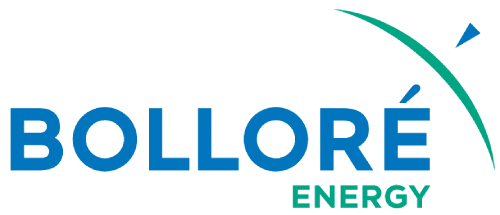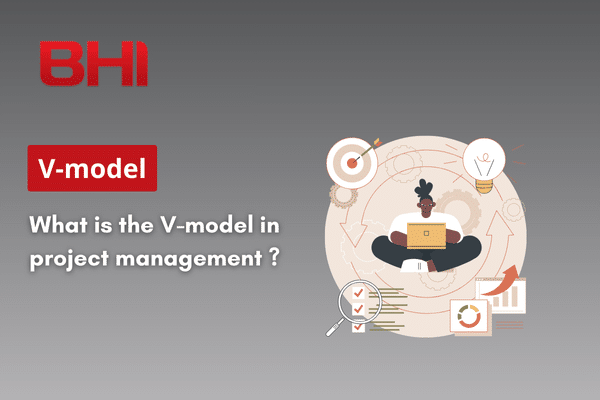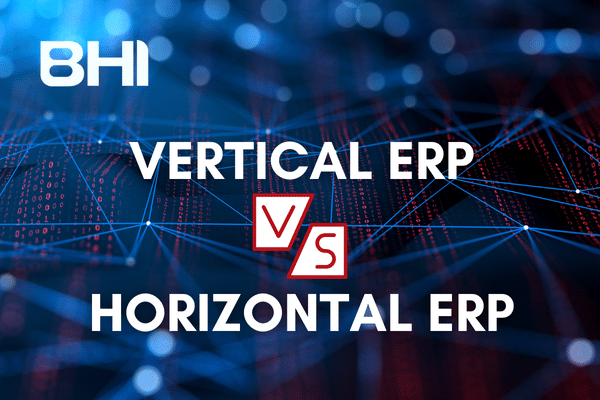The renewable energy sector represents a global market estimated between 1.93and1.93 and 2.17 trillion by 2030, according to Spherical Insights analysis. In this competitive landscape, companies adopting specialized ERP solutions gain a decisive advantage.
What is an Industry Specific ERP?
An industry-specific ERP (Enterprise Resource Planning) is an integrated software solution specifically designed to meet the operational needs of a particular business sector. Unlike generic ERPs that offer standardized functionalities, an industry-specific ERP natively integrates the processes, regulations, and constraints specific to your industry.
In the renewable energy field, this specialization proves crucial. An industry-specific ERP inherently understands the management of geographically dispersed sites, production variability linked to weather conditions, and compliance with strict environmental regulations. This tailored approach eliminates costly adaptations and functional compromises inherent in generic solutions.
The industry-specific ERP centralizes all company data and processes in a single platform: production management, predictive maintenance, regulatory compliance, financial management, and environmental reporting. This integration provides a global view of operations and facilitates strategic decision-making based on reliable, real-time data.
Sector-Specific Challenges
Renewable energy companies face unique operational challenges that require adapted management tools. Simultaneous management of geographically dispersed wind and solar farms complicates production monitoring and maintenance. Critical equipment such as wind turbines or photovoltaic panels require sophisticated predictive maintenance to avoid costly breakdowns.
Energy production variability, directly linked to weather conditions, requires dynamic resource and supply planning. Meanwhile, the dense regulatory environment with CSRD standards, environmental certifications, and carbon reporting obligations demands rigorous traceability of all activities.
These operational challenges are accompanied by major financial issues. Managing Power Purchase Agreements (PPAs), optimizing green certificates, and valorization on carbon markets require advanced financial tools. Without an integrated system, these complexities generate costly inefficiencies and limit expansion capacity.
Essential ERP Functionalities
Intelligent Production Management and Predictive Maintenance
A specialized ERP revolutionizes production management by directly integrating weather data into operational planning. The system automatically anticipates production variations and adjusts necessary resources accordingly. This predictive approach optimizes spare parts procurement and plans interventions at optimal times.
Predictive maintenance represents one of the most significant advantages. In wind power, breakdown costs depend heavily on the type of incident; for example, gearbox failure can cost between 300,000and300,000 and 500,000 per incident according to Shell (onshore and offshore wind). The ERP continuously collects equipment performance data and uses artificial intelligence to detect anomalies preceding failures. This approach can identify failures up to six months in advance, increasing equipment availability by 15 to 30%.
Energy Supply Chain Optimization
Supply management in renewable energy fundamentally differs from traditional sectors. An adapted ERP orchestrates the complexity of critical component procurement, often subject to extended delays and geopolitical constraints. Advanced modules integrate predictive algorithms that anticipate spare parts needs for installations.
Real-time integration of weather data automatically optimizes equipment orders based on production forecasts. This intelligent management generates 20% procurement cost reductions according to sector feedback. Complete equipment traceability, from manufacturing to recycling, also meets growing environmental transparency requirements.
Automated Regulatory Compliance and Environmental Reporting
The ERP centralizes and automates data collection necessary for multiple regulatory reports. Advanced functionalities automatically generate CSRD declarations, environmental certifications, and compliance reports, reducing error risks and freeing teams for strategic tasks.
Tracking avoided CO2 emissions becomes a major strategic asset. The ERP automatically calculates generated green certificates and optimizes their valorization on carbon markets. This functionality transforms environmental compliance into an additional revenue source, representing up to 5% of revenue according to sector feedback.
Benefits of an Adapted ERP
Optimized Financial Performance
The ERP offers real-time financial dashboards that consolidate profitability by production site, technology, and period. This granularity allows rapid identification of optimization levers and adjustment of investment strategies.
Electricity sales contract management particularly benefits from ERP integration. The system models different price scenarios and automatically optimizes commercialization strategies based on production forecasts. This sophisticated approach improves profit margins by 10 to 15% compared to manual management.
ERPs equipped with predictive maintenance can reduce maintenance costs by up to 25% and decrease breakdowns by 70%. Operational efficiency improvement varies by sector and experience feedback.
Sustainable Competitive Advantage
Investment in a specialized ERP creates operational capabilities difficult for competitors to replicate. Integration of emerging technologies like artificial intelligence, blockchain for energy traceability, or digital twins for performance simulation establishes significant entry barriers.
This operational excellence also attracts the sector’s best talent, reinforcing long-term competitive advantage. Professionals prefer companies offering modern technological environments and high-performance tools.
How to Choose the Right ERP Solution
Essential Selection Criteria
Choosing an ERP for renewable energy should prioritize solutions natively integrating industry specificities. Multi-site management, weather integration, and predictive maintenance functionalities are indispensable. Evolution capacity and integration with the existing digital ecosystem also constitute determining criteria.
Implementation partner expertise proves crucial for project success. It’s essential to select an integrator with deep knowledge of sector challenges and confirmed experience in deploying renewable energy solutions.
BHI Consulting Expertise at Your Service
BHI Consulting, with its 42 experienced consultants and over 200 completed projects, brings necessary expertise to deploy ERP solutions adapted to renewable energy companies’ operational realities. Our deep knowledge of JD Edwards, eBusiness Suite, and SAP S/4 Hana solutions allows us to propose the most suitable technology for your specific challenges.
Our support covers the entire project cycle, from business needs analysis to user training, guaranteeing successful adoption and optimal return on investment. Experience gained from international deployments ensures expertise adapted to sector companies’ growth and expansion challenges.
Future Trends
Artificial intelligence already integrates with leading platforms like Oracle, with demand forecasting, automatic price optimization, fraud detection, and product recommendation functions – without requiring major system changes. This technological evolution transforms energy management by enabling more precise needs anticipation and continuous performance optimization.
Sector transformation requires adopting a modern ERP platform to unite operations, gain responsiveness, and offer omnichannel expected by customers. Oracle E-Business Suite, backed by solid sector expertise, represents a reference option, provided transformation is managed with rigor and genuine human support.
Growing integration of Internet of Things (IoT) and digital twin technologies revolutionizes energy installation monitoring. These innovations enable real-time performance surveillance and even more precise predictive maintenance, opening new operational optimization perspectives.
Conclusion
In a context where energy transition accelerates and competition intensifies, ERP becomes the indispensable transformation catalyst. Current sector limitations – system fragmentation, lack of responsiveness, margin pressure – are not inevitable.
Signals are clear: if your growth is blocked, IT costs explode, or teams complain about channel inconsistency, it’s time to act. Each month of delay represents missed opportunities and lost market share.
E-Business Suite, with its complete functional coverage and innovation capabilities, offers renewable energy companies tools to not only survive but thrive in this new era. Success lies not only in technology but in the ability to align this technology with your business strategy. This is where BHI Consulting expertise makes all the difference, transforming a technical project into a genuine growth lever.
Ready to Transform Your Renewable Energy Business ?
Contact our BHI Consulting experts at +33 (0)1 83 62 12 23 or via the contact form to discuss your ERP challenges and discover how we can support you in your digital transformation.

















